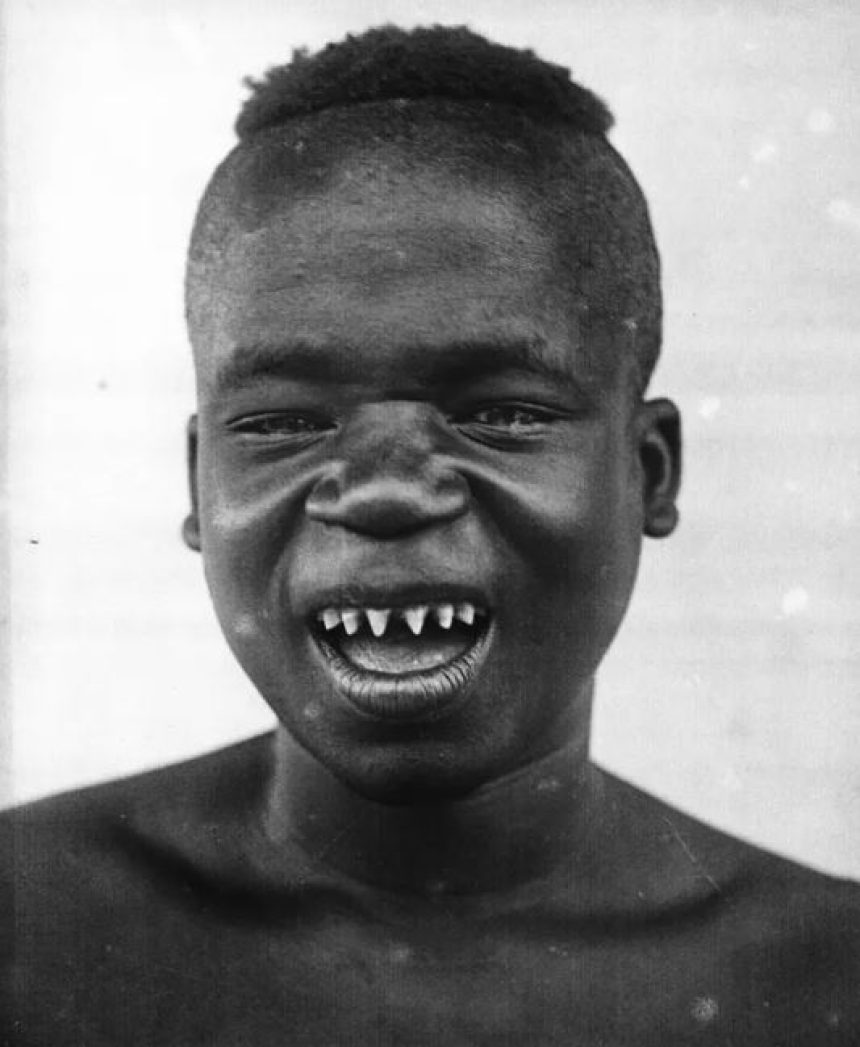Body scarification, also known as body alteration, was a crucial component of African culture in ancient Africa and is still present in many contemporary African communities. Names were insufficient for the ancient Africans to identify themselves.
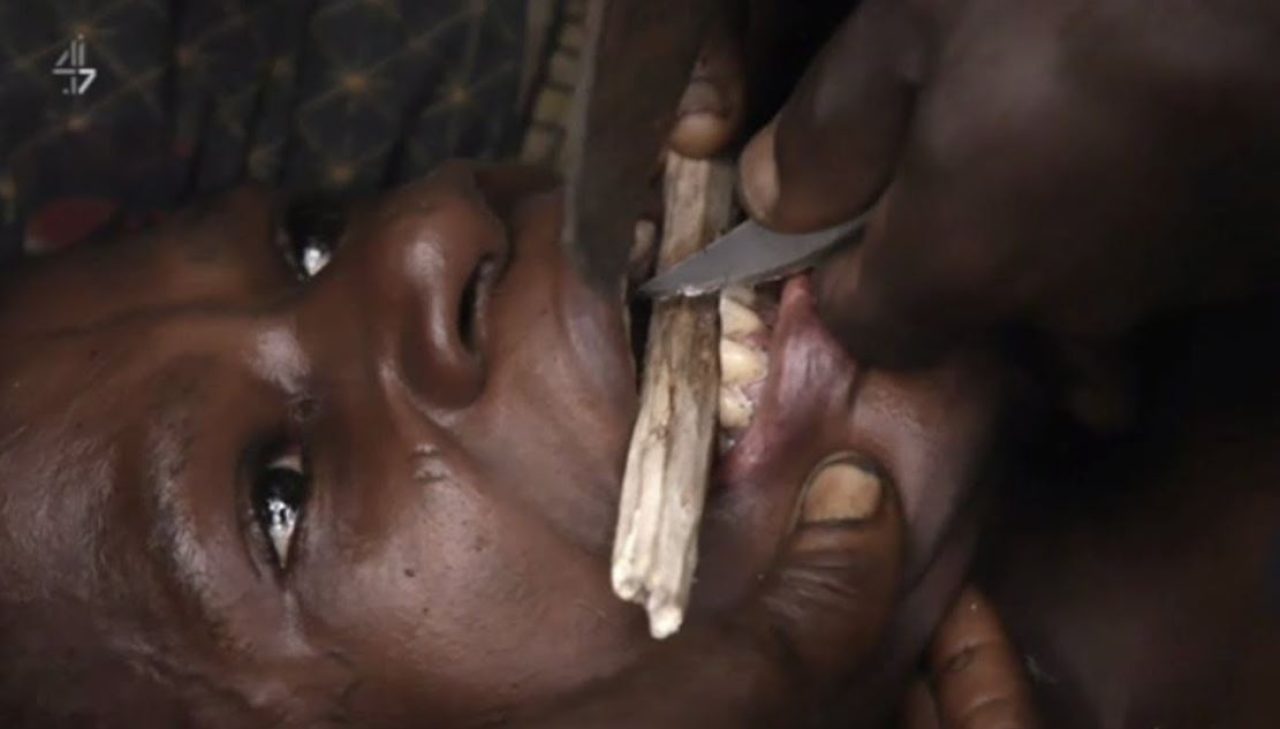
For them, body scarification had a more significant role in establishing a person’s place of origin, as well as the specific family, subethnic group, or ethnic group he belonged to.
The deliberate branding of people through burning, etching, scraping, or marking symbols or words into the skin is known in western philosophy as “body scarification.” It had no negative connotations and was not known to the ancient Africans as body scarification. Many academics prefer the phrase “body modification” since it has less of a negative or primitive connotation than the term “body scarification,” especially when speaking within the context of Africa.
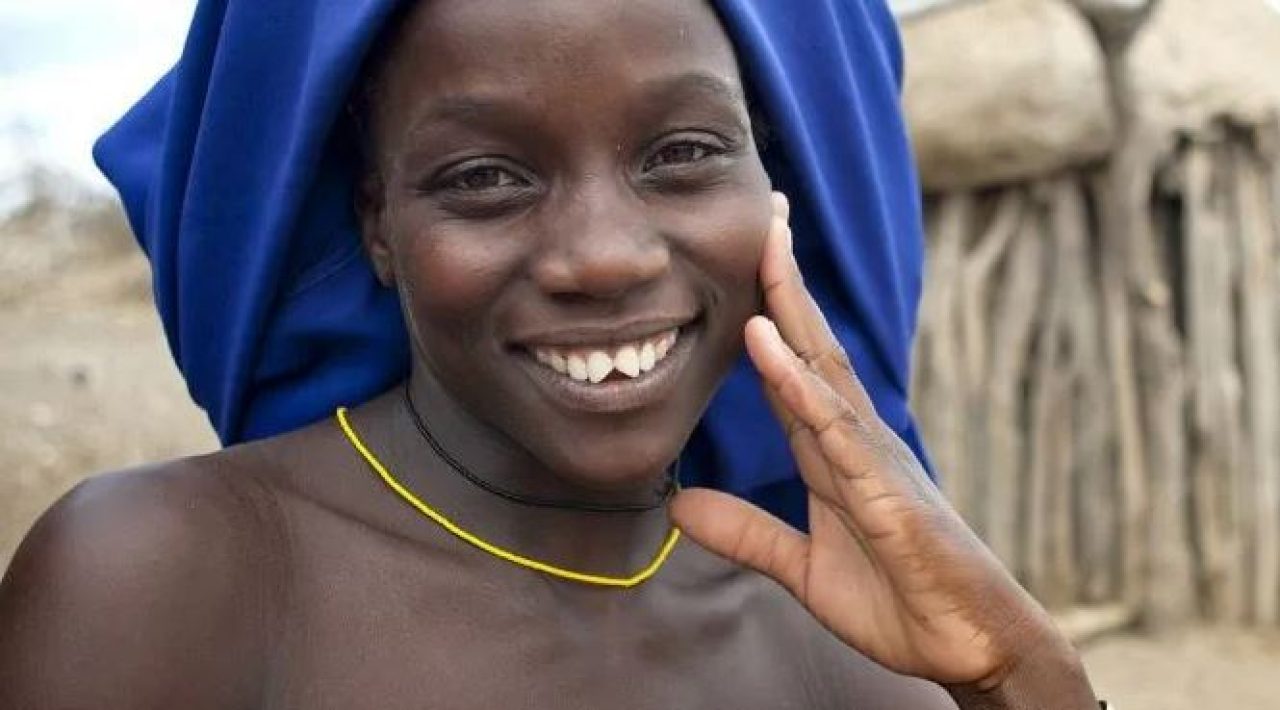
The teeth-sharpening procedure that was common in some of Africa, especially central, eastern, and southern Africa in the early 18th century, was one of the most intriguing body alteration practises. Tattooing and teeth sharpening were more common among several ethnic groups in Central and Southern Africa, with the latter being the most popular, despite the fact that they also altered the body with tribal marks, which are more common in West Africa.
The Makonde people of southern Tanzania and northern Mozambique, as well as the vast majority of ethnic groups in the Democratic Republic of the Congo, including the Bopoto and the Zappo Zap people, practise the teeth-sharpening ceremony. The teeth-sharpening ceremony was also conducted by several tribes in the Central African Republic, the Bemba of Zambia, the Yao of Malawi, and some regions of Zambia.
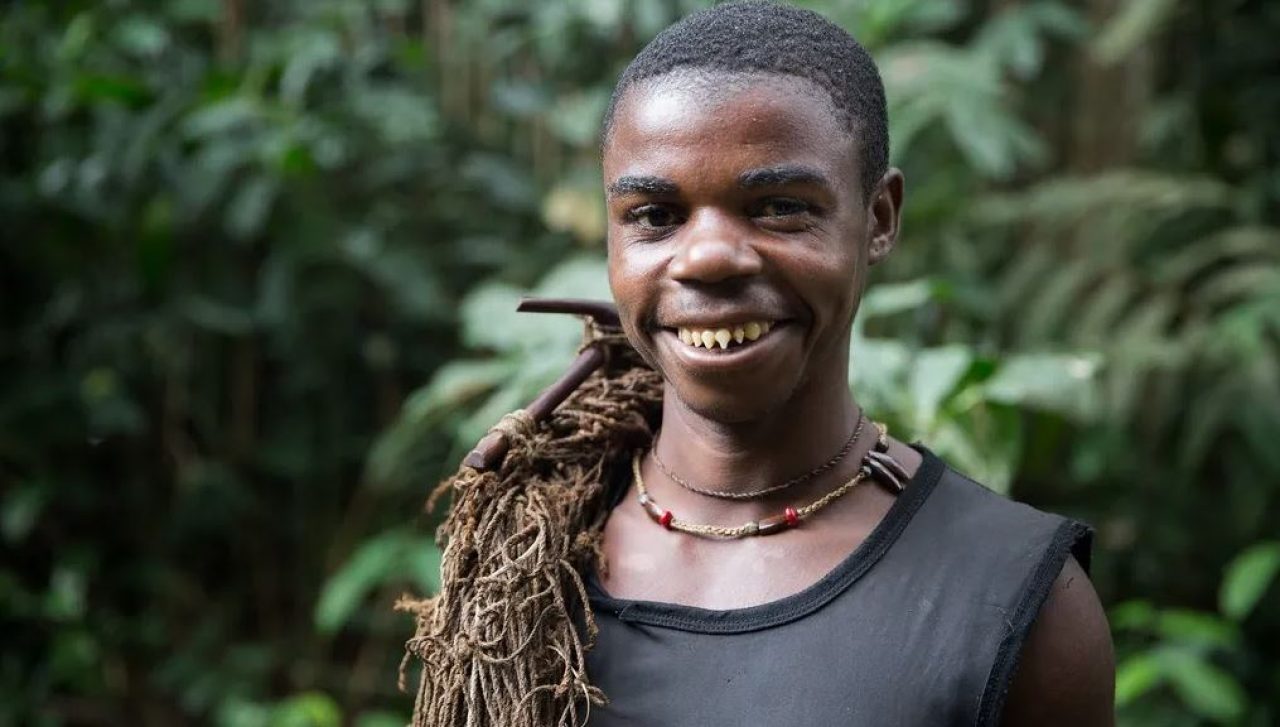
These tribes sharpened their teeth for a variety of reasons. Some performed the ritual to formally usher in young boys and girls who had entered puberty. This occurred mostly among tribes in the Congo, the Central African Republic, and Gabon. For these people, it was done during the maturity rites of passage since at that age they would be able to tolerate the pain to demonstrate that they were actually ready for adulthood.
Other tribes included the teeth-sharpening practice as a standard component of their culture, and members of those tribes were expected to have sharper teeth by the time they reached a certain age. The teeth-sharpening ritual was carried out for spiritual protection in areas of Sudan where there were indigenous tribes, particularly when someone was looking for spiritual strength or being selected as a spiritual leader.
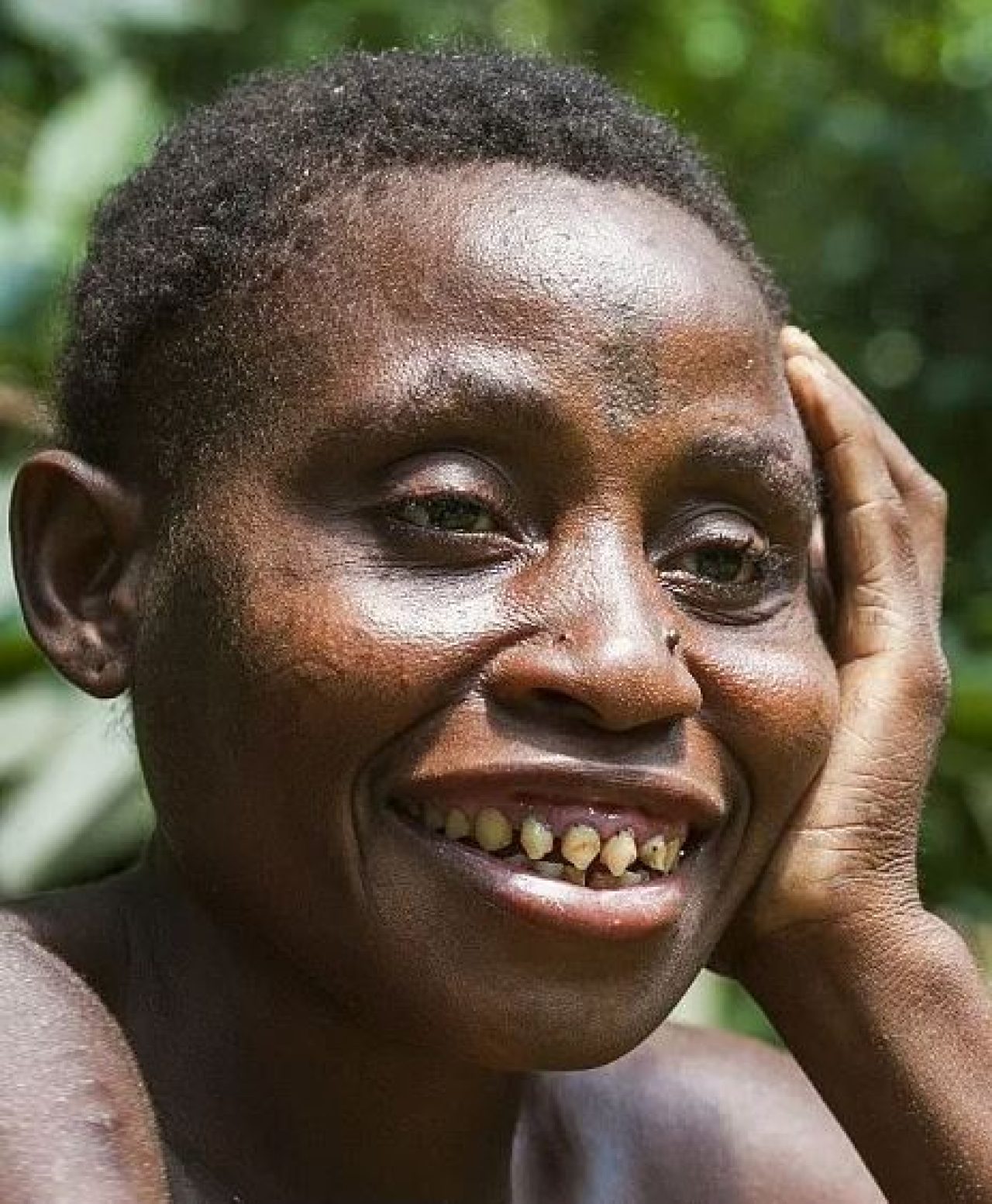
The desire for males to resemble animals, such as crocodiles, as a symbol of their masculinity is another explanation for the teeth-sharpening tendency. In Tanzania, the Pare people have a widespread belief in this. The Upoto tribe of central Congo practised gender-specific teeth-sharpening rituals. Men only filed one tooth, whereas women filed multiple teeth, particularly before to marriage. Ota Benga was one of the most well-known Congolese who had his teeth sharpened in prehistoric Africa. He was abducted from his home and put on display in zoos in the USA.
The teeth-sharpening practice was practiced by several different tribes, like the Makonde people, to enhance the beauty of their people. Among them, more women had sharper teeth that were a sign of attractiveness.
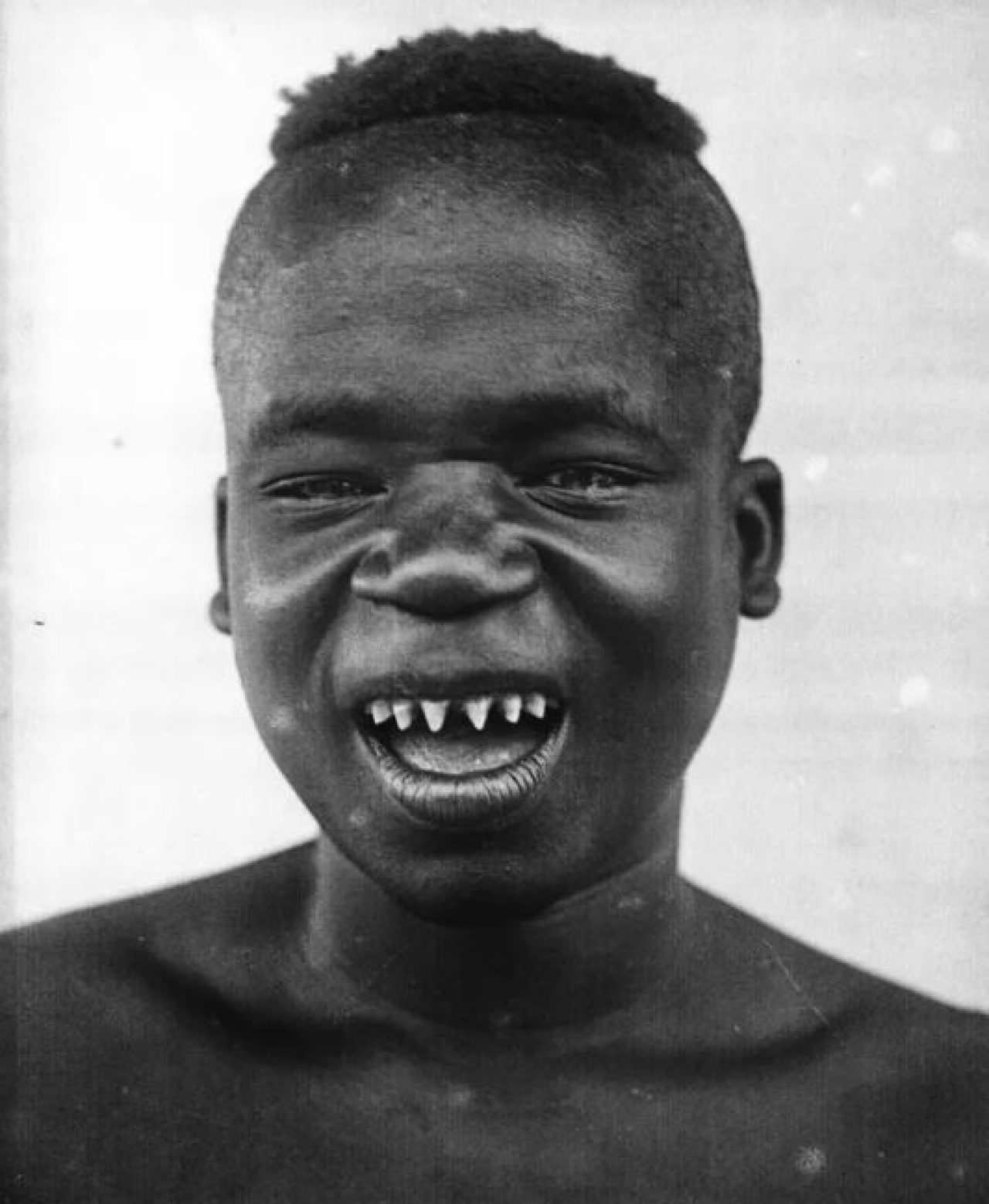
The teeth-sharpening process could not be performed by just anybody because it called for great ability and endurance to avoid accidentally hurting someone. The sharpening was carried out by chosen individuals who were thought to have been born with the talent given to them by the gods and who were able to instruct other individuals to assist them.
The teeth-sharpening practice declined over the 20th century as a result of education and westernization, although it is still done by a few isolated indigenous people in parts of Central Africa who reject contact with contemporary culture.
